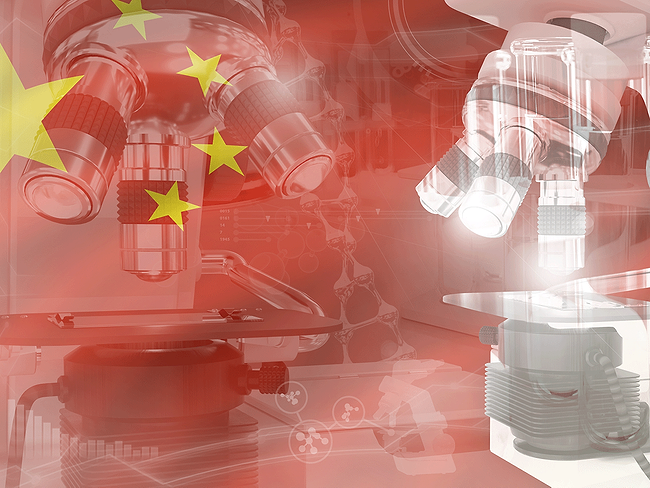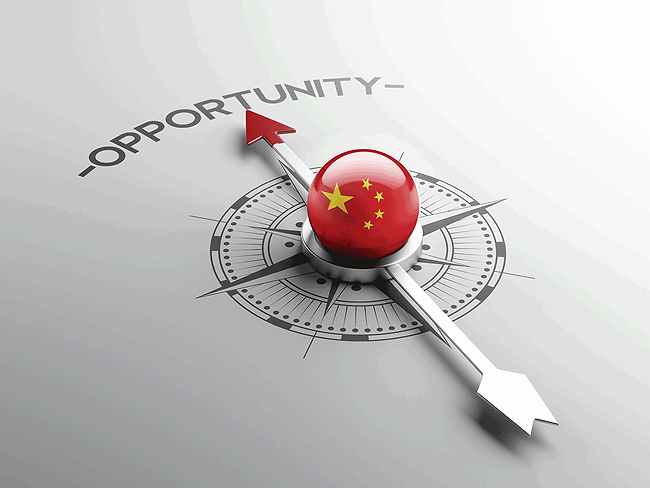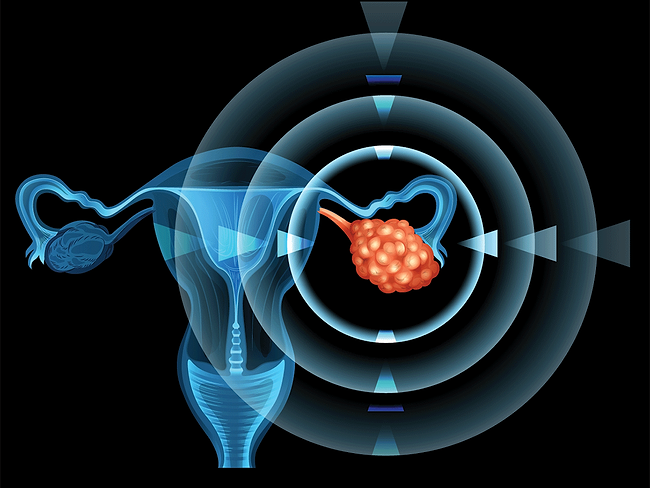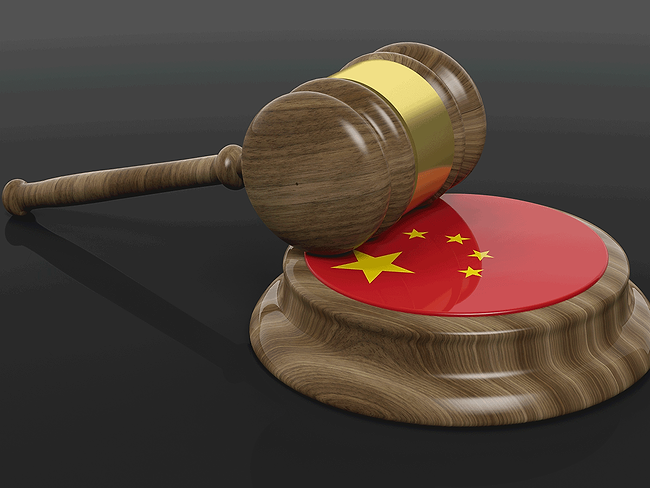
China
Chinabio Partnering Forum
Multinational corporations view China as source of innovation and accelerator of digital health
Read MoreChinabio Partnering Forum
China sees five-year highs in life sciences investments and partnering
Read MoreChinabio Partnering Forum



